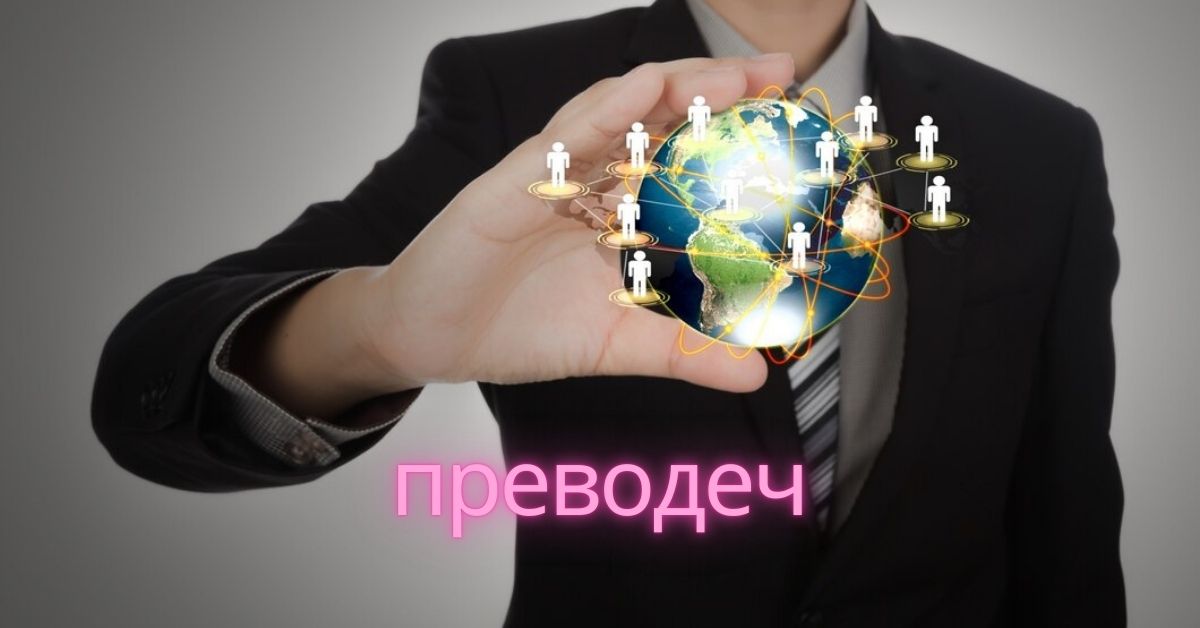Translation plays a crucial role in today’s interconnected world, helping people and businesses overcome language barriers effortlessly. One of the most searched terms in this context is преводеч, which refers to translation services designed to cater to different linguistic needs. Whether you’re a business expanding into international markets or an individual requiring document translation, understanding the various aspects of преводеч can help you make informed decisions.
Understanding Преводеч
In a globalized world, communication is key. Преводеч, meaning “translator” or “translation” in some Slavic languages, refers to professional services that facilitate seamless communication across languages. From legal and medical documents to website content and business negotiations, translation services have become indispensable for individuals and organizations alike.
Types of Translation Services
Translation services come in various forms, each catering to specific needs and industries. Whether you’re dealing with complex legal terms or creative marketing content, understanding the different types can help you choose the right service.
Document Translation
One of the most common types of преводеч services involves translating official documents such as contracts, birth certificates, and legal agreements. Accuracy is crucial here, as even a small error can lead to serious consequences.
Website Translation
Businesses aiming for global outreach require website translations to ensure their content resonates with diverse audiences. Localizing the website involves adapting not just the language but also cultural nuances and user preferences.
Technical Translation
Industries like engineering, IT, and medicine require highly specialized translations where accuracy and industry-specific terminology are paramount. Technical translation ensures that manuals, product descriptions, and patents are clearly understood.
Certified Translation
Some documents require certification to be legally valid. Certified translations are commonly needed for immigration, educational, or legal purposes, ensuring that the translated document is officially recognized.
Interpretation Services
For real-time communication, such as conferences, meetings, or court hearings, interpretation services play a vital role. Professional interpreters ensure smooth dialogue between parties speaking different languages.
The Importance of Accurate Translation
Accuracy is the cornerstone of effective translation. Miscommunication or errors in translation can lead to misunderstandings, financial losses, or even legal issues. Professional преводеч services employ native-speaking linguists who ensure that translations maintain the original message’s intent and tone.
Benefits of Using Professional Translation Services
Hiring professional translators offers numerous advantages over relying on automated tools or unqualified individuals. Some key benefits include:
- Quality Assurance: Professional translators ensure high accuracy and attention to detail.
- Cultural Sensitivity: Understanding cultural nuances helps avoid unintended misinterpretations.
- Consistency: Maintaining uniformity across documents and content is crucial for branding and legal matters.
- Confidentiality: Professional services ensure the security of sensitive information.
- Legal Compliance: Some industries require translations that adhere to specific legal standards and terminologies.
How to Choose the Right Translation Service
Selecting the right translation service can be overwhelming, but considering the following factors can help streamline the process:
- Experience and Expertise: Look for providers with proven experience in your industry.
- Language Pairs Offered: Ensure the service covers the required source and target languages.
- Turnaround Time: Depending on urgency, select a provider that meets your deadlines without compromising quality.
- Certifications and Accreditations: Check if the service offers certified translations where needed.
- Customer Reviews: Feedback from previous clients can give insight into service quality and reliability.
Common Challenges in Translation
Despite advancements in technology, translation poses several challenges that only skilled professionals can navigate. These include:
- Idiomatic Expressions: Translating idioms accurately without losing their meaning.
- Cultural Adaptation: Ensuring that content aligns with cultural sensitivities and expectations.
- Technical Jargon: Specialized terminology in industries like law and medicine can be difficult to translate correctly.
- Maintaining Context: Some words and phrases require contextual understanding for accurate translation.
The Role of Technology in Modern Translation
Technology has revolutionized the translation industry with tools such as:
- Machine Translation: Automated tools like Google Translate provide quick translations but lack accuracy in complex texts.
- CAT Tools (Computer-Assisted Translation): These assist human translators by improving consistency and efficiency.
- AI-Powered Translation: Artificial intelligence enhances translation quality by learning from human inputs and improving over time.
The Future of Translation Services
As the demand for multilingual communication grows, translation services are evolving rapidly. Emerging trends include:
- AI-Driven Translations: Continuous improvements in machine learning will enhance translation accuracy.
- Voice Translation: Real-time speech-to-speech translation is becoming more sophisticated.
- Remote Interpretation Services: Virtual meetings and remote work have increased the demand for online interpretation.
- Increased Focus on Localization: Businesses are investing more in culturally adapted content for specific markets.
FAQs
What does преводеч mean?
Преводеч translates to “translator” or “translation” in several Slavic languages and refers to professional language services.
How do I choose the best translation service?
Consider factors like experience, expertise, turnaround time, and customer reviews to select a reliable translation service.
Is machine translation reliable for business documents?
While machine translation is useful for general purposes, professional translation is recommended for accuracy in business documents.
What is the difference between translation and interpretation?
Translation deals with written content, while interpretation focuses on spoken communication in real-time.
Do I need certified translation for legal documents?
Yes, many legal documents require certified translations to be accepted by authorities and institutions.
How much do translation services cost?
The cost varies depending on factors such as language pair, complexity, and turnaround time.
Conclusion
In an increasingly globalized world, professional translation services like преводеч have become essential for individuals and businesses seeking to communicate effectively across languages. Whether it’s document translation, website localization, or interpretation services, investing in professional translation ensures accuracy, cultural appropriateness, and legal compliance. By understanding the various aspects of translation, you can make informed decisions and break down language barriers effortlessly.

 Blog5 months ago
Blog5 months ago
 Life style5 months ago
Life style5 months ago
 Tech5 months ago
Tech5 months ago
 Tech5 months ago
Tech5 months ago
 Life style5 months ago
Life style5 months ago
 News5 months ago
News5 months ago
 Tech5 months ago
Tech5 months ago
 Blog5 months ago
Blog5 months ago



